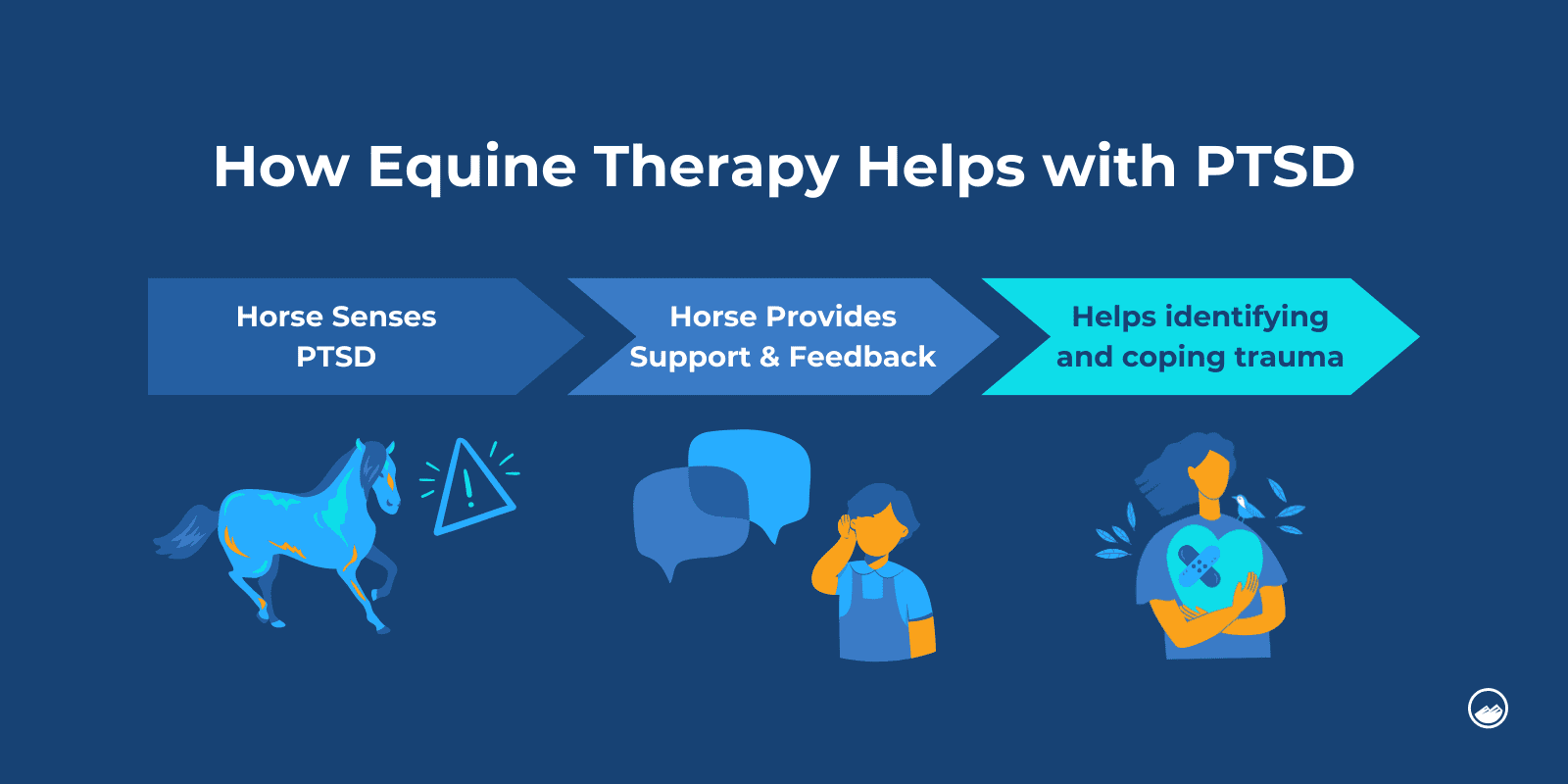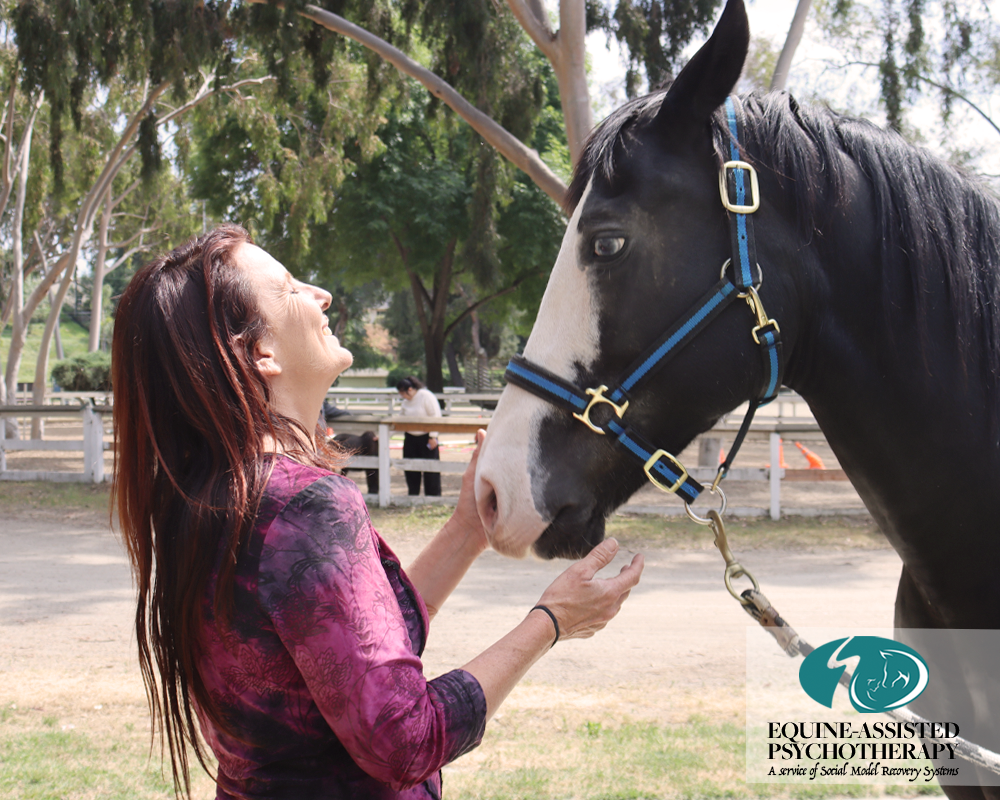Addiction Recovery Programs Using Horses

Addiction recovery programs that incorporate horses, often referred to as equine-assisted therapy or equine-assisted psychotherapy, have gained popularity as innovative and effective approaches to support individuals struggling with substance abuse and behavioral addictions. These programs leverage the unique bond between humans and horses to promote healing, self-awareness, and emotional growth.
What Are Equine-Assisted Addiction Recovery Programs?

Equine-assisted addiction recovery programs use interactions with horses as a therapeutic tool. Participants engage in activities such as grooming, feeding, leading, and riding horses under the guidance of trained therapists and equine specialists. These activities help individuals develop trust, responsibility, and emotional regulation skills.
| Key Components of Equine-Assisted Programs | Description |
|---|---|
| Therapeutic Activities | Grooming, feeding, leading, and riding horses to build connection and trust |
| Professional Guidance | Licensed therapists and equine specialists facilitate sessions and provide emotional support |
| Personal Development | Focus on self-awareness, emotional regulation, and communication skills |
| Group and Individual Sessions | Programs may include both group dynamics and one-on-one therapy to address specific needs |
Benefits of Using Horses in Addiction Recovery
- Emotional Healing: Horses are highly sensitive to human emotions, providing immediate feedback that helps participants recognize and manage their feelings.
- Building Trust: Developing a relationship with a horse requires patience and consistency, which can translate into improved interpersonal relationships.
- Non-Verbal Communication: Horses communicate primarily through body language, encouraging participants to become more aware of their own non-verbal cues.
- Stress Reduction: Interaction with horses has been shown to lower cortisol levels, reducing stress and anxiety.
- Increased Motivation: The unique and engaging nature of working with horses can boost motivation to stay committed to recovery.
How Do These Programs Work?
- Assessment: Initial evaluation of the participant’s needs and goals.
- Goal Setting: Establishing personalized recovery objectives.
- Therapeutic Sessions: Structured activities with horses designed to address emotional and behavioral challenges.
- Reflection and Integration: Participants reflect on their experiences and apply insights to their recovery journey.
- Ongoing Support: Continued therapy and support to maintain progress.
Frequently Asked Questions (FAQ)
Are horses safe to work with in therapy?
Yes, all horses used in therapy are carefully selected and trained to be calm and responsive. Sessions are supervised by professionals to ensure safety.
Can anyone participate in equine-assisted recovery programs?
Most programs are designed to accommodate a wide range of ages and abilities, but it’s important to consult with the program providers to determine suitability.
How long do these programs typically last?
Program length varies, ranging from a few weeks to several months, depending on individual needs and program structure.
Is equine-assisted therapy covered by insurance?
Coverage varies by provider and plan. It’s advisable to check with your insurance company and the therapy provider.
Conclusion
Equine-assisted addiction recovery programs offer a holistic and engaging approach to healing that complements traditional therapies. By fostering emotional connection, trust, and self-awareness through interactions with horses, these programs can significantly enhance the recovery process and support long-term sobriety.
